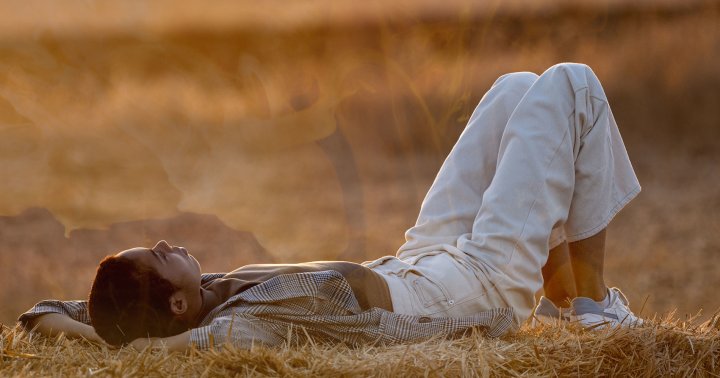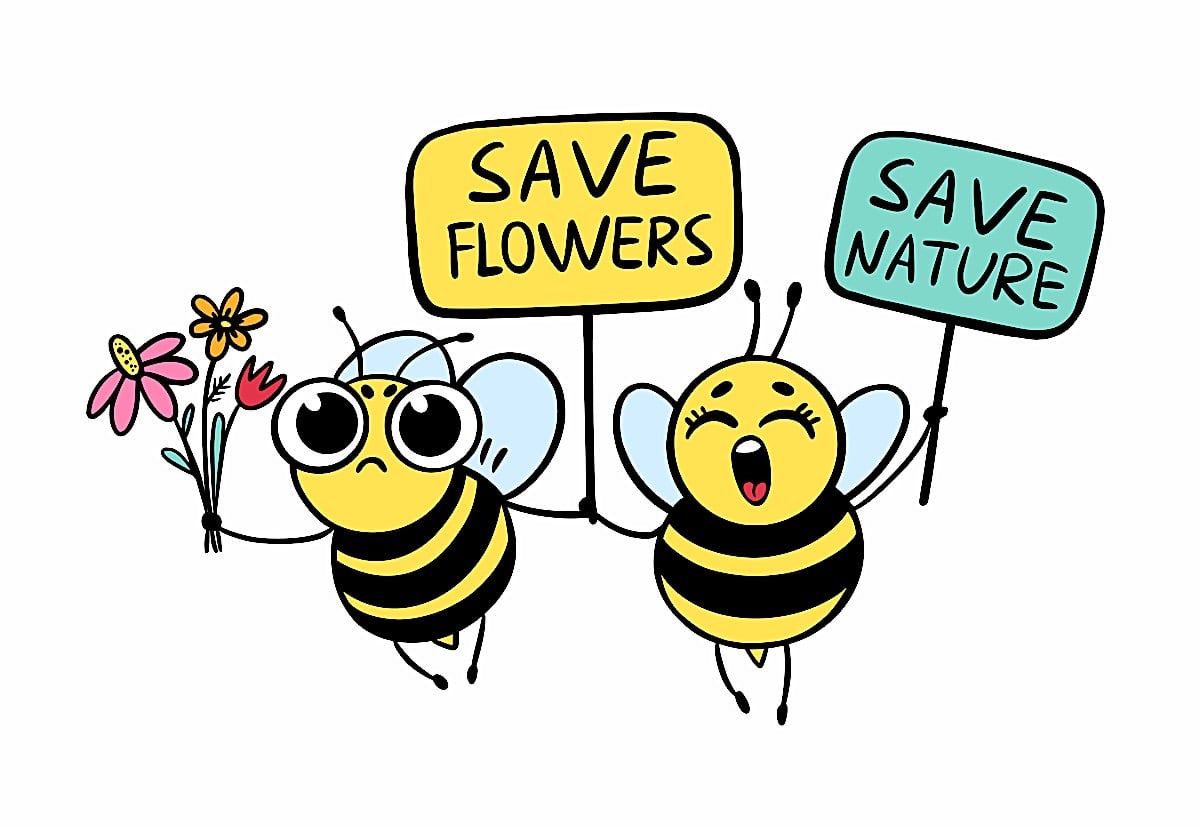Buddhanature: Further Reading Buddhadharma Fall 2023
There’s of course lots more to say about the Buddhadharma, Fall 2023 issue’s theme, “Buddhanature.” So we’ve hand-picked this selection of further reading from the Lion’s Roar and Buddhadharma archives, all examining the concept of “Buddhanature” from a range...

There’s of course lots more to say about the Buddhadharma, Fall 2023 issue’s theme, “Buddhanature.” So we’ve hand-picked this selection of further reading from the Lion’s Roar and Buddhadharma archives, all examining the concept of “Buddhanature” from a range of helpful perspectives.
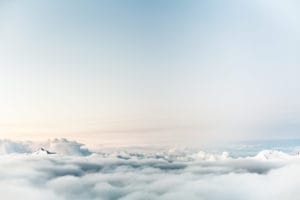
Emptiness / Buddhanature
The Buddhist schools are rich and varied in their perspectives, but these many points of view all advance the Buddhist concept of the middle view.
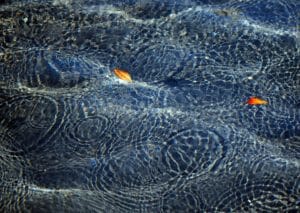
Empty Splendor
The tantric path teaches us how to cut through our concepts, says the late Traleg Rinpoche, so we can experience reality in its full clarity.
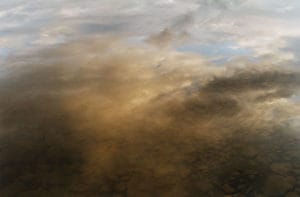
The Clarity Aspect
Emptiness without wisdom can lead to nihilism, explains Dzongsar Khyentse Rinpoche. That’s why we have the teachings on buddhanature.
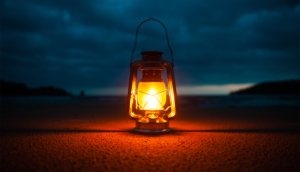
The Lamp of Zazen
The point of zazen, says Shunryu Suzuki Roshi, is to live each moment in complete combustion, like a clean-burning kerosene lamp.
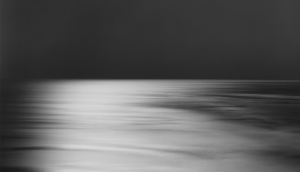
The Practice of Wonderment
When your life takes the shape of a question, says Guo Gu, then you have entered the practice of huatou.
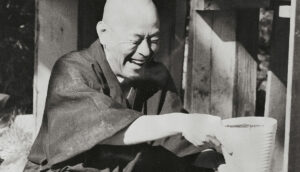
Wisdom Seeks for Wisdom
In this teaching from 1965—taken from the oldest extant recording of his talks—Shunryu Suzuki Roshi explains what it means to understand your true nature.
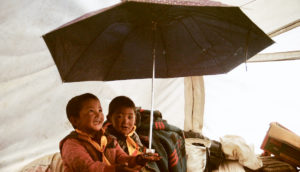
We Always Have Joy
The sun doesn’t stop shining just because there are clouds in the sky. Our buddhanature is always present and available, even in difficulty.
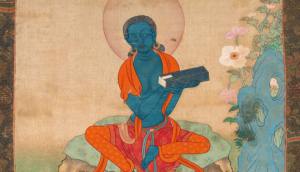
You Are Already a Buddha
In this, the first of a four-part series on tantra, Yongey Mingyur Rinpoche presents the three stages of meditation. Meditation, he says, is the process of recognizing your buddhanature, then nurturing that recognition.
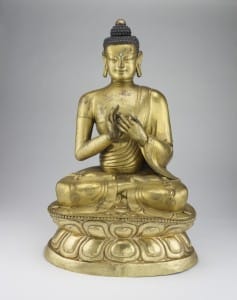
Spotless from the Start
In order to overcome the five main obstacles facing a bodhisattva, says Dzongsar Khyentse Rinpoche, we must realize that all beings are primordially pure. He presents the essential teachings on buddhanature from Maitreya’s Uttaratantra Shastra.

How to Be Kind to Yourself
You have enlightened nature, says Pema Khandro Rinpoche. If you truly know that, you’ll always be kind to yourself.
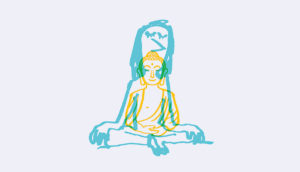
Buddhanature: You’re Perfect As You Are
Why feel bad about yourself when you are naturally aware, loving, and wise? Mingyur Rinpoche explains how to see past the temporary stuff and discover your own buddhanature.

You Are the Great Perfection
Rest in your true nature without effort or distraction — Mingyur Rinpoche teaches the renowned practice of Dzogchen.
Buddhanature & Original Sin

Basic Goodness or Original Sin?
Buddhist psychology is based on the notion that human beings are fundamentally good. Their most basic qualities are positive ones: openness, intelligence and warmth.
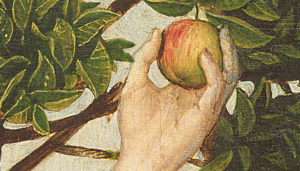
The Real Meaning of Original Sin
Buddhists misrepresent the Christian view of human nature, says theologian Steven Shippee. It’s a lot closer to Buddhism than you think.
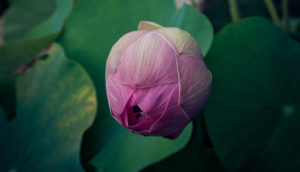
Everything Is Buddhanature
Original sin vs. original goodness: Mahayana Buddhism offers a more hopeful view of human nature. Zen teacher Melissa Myozen Blacker reveals how nondual practice frees us from our temporary obscurations and reveals our true, awakened nature.
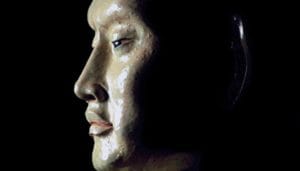
You Are Already Enlightened
Guo Gu, a longtime student of the late Master Sheng Yen, presents an experiential look at the Chan practice of silent illumination.
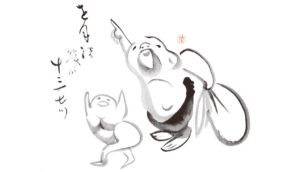
This Very Mind Is Buddha
In the Chan and Zen traditions, says Guo Gu, enlightenment is not something we create or achieve. It’s who we already are.
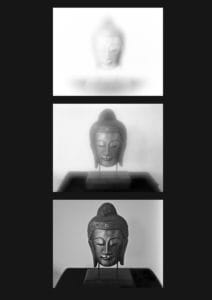
Mind Is Buddha
A simple three-word koan. Or just a one-word koan: buddhanature. So deceptively simple, yet it penetrates to the very heart of the matter.

Do you have buddhanature?
Investigating the most famous koan of all time, Buddhadharma’s deputy editor Koun Franz helps us to understand buddhanature.


 ValVades
ValVades 











